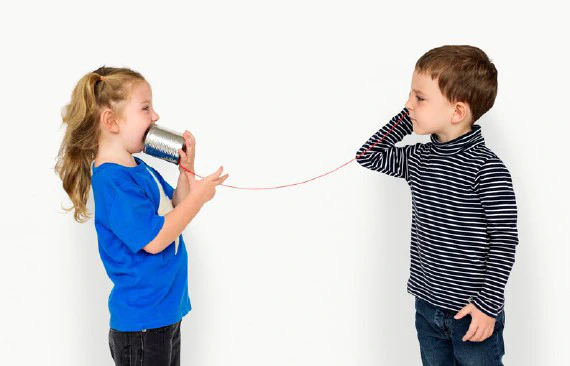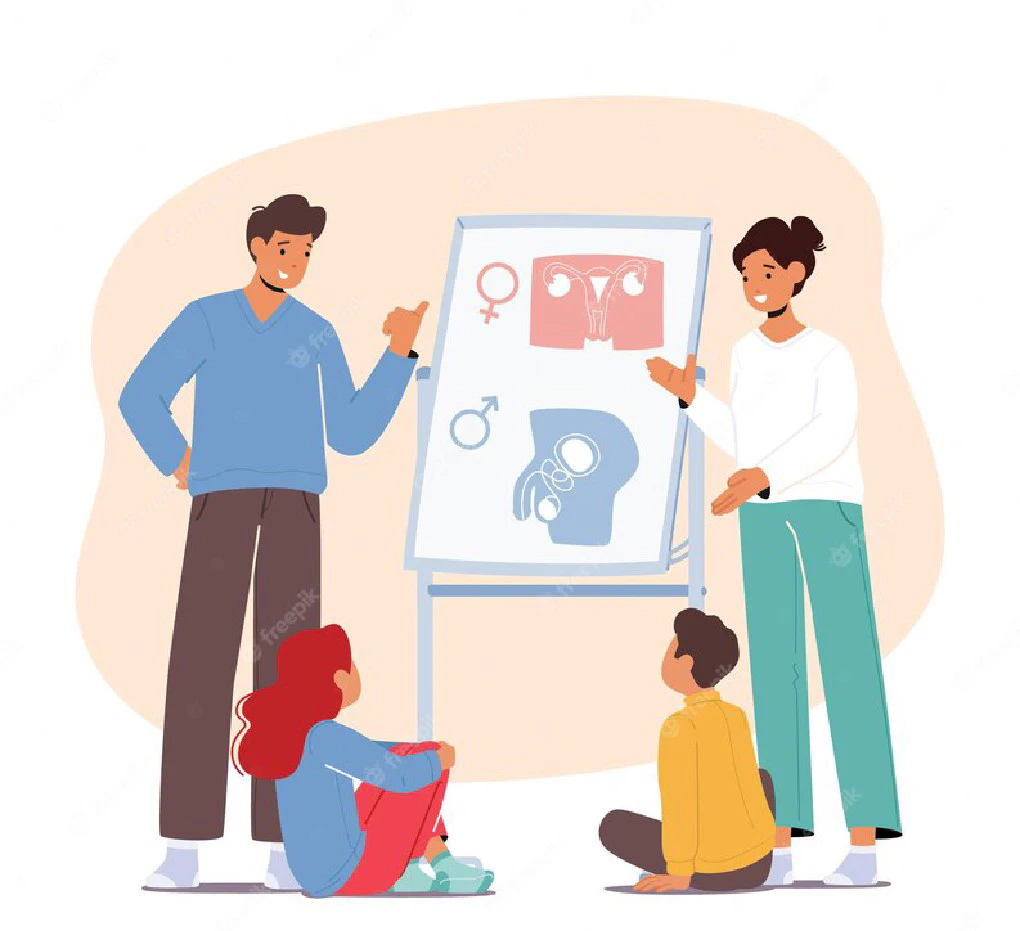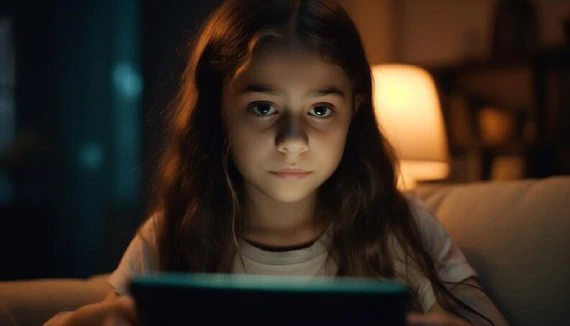
How is language and speech development in children?
Every baby who opens his eyes to life needs communication by nature. Language development goes through many stages in …


It is the whole of information given to the individual in order to make sense of the individual’s physical, emotional and sexual development, to create a healthy sexual identity, to respect the rights and behavioral characteristics of the opposite sex, to have a perspective that helps him develop positive social relations, and to form positive value judgments.
What are the Benefits of Sex Education on Children?
• Children form their own sexual identity with the right education and approach. The self-confidence of the child, who knows his own body and features, also develops in a positive way.
• Parents, who do not hesitate to talk about sexual health with their children, have the ability to talk about sexual development easily during adolescence of their children.
• Children who get answers to the questions they are curious about at a young age by their parents as they should be, satisfy their curiosity correctly. And when they encounter any negative situation, they do not hesitate to talk to their parents.
• Children who are reprimanded by their parents and silenced when they have questions usually prefer to satisfy their curiosity themselves. In this process, they cannot distinguish between true and false information, they cannot have an idea about which ones are useful for them, and they fall into distrust.
• The child, who completes the formation of sexual identity in a healthy way and recognizes the opposite sex, learns to respect his own body and the opposite sex.
• Children/persons who understand the difference between the two genders show a more respectful approach towards each other and have a more positive and respectful attitude in their bilateral relations in the future.
• Children who learn correctly from their parents about the things they are curious about, feel confident in themselves and their parents. This trust helps children to work more efficiently by increasing their assertiveness in their lives and to develop positive relationships in their social lives.
• It is seen that children who are educated at a young age are more open to new information and can easily accept differences.
• Accurate information given to children during adolescence helps children to accept their physical changes more easily.
• Children who are knowledgeable about sexual education are more likely to reject any coercion or sharing of false information by their peers or adults. They are more successful in resisting inappropriate offers and pressure.
How should Sex Education be?
• Sex education should first be started by increasing the knowledge of parents on this subject.
• Initial sexual education; It starts with modeling the respect and love bond between the child’s mother and father. The respect, love, cooperation and sharing of their parents towards each other enable children to develop equal attitudes towards both genders. Otherwise, the presence of oppressive and violent attitudes between parents will cause girls and boys to model negative behaviors from their parents against their own gender.
• Parents should not hesitate to get expert information on this subject and to read the right resources. It should not be forgotten that; Parents who learn the right parenting attitude communicate with their children more naturally and comfortably in this regard.
• Every parent should accept their child regardless of gender and should not deprive him of love.
• Against your children, “I wish you were a girl! Is this how men behave? You tomboy!! Look at your type, you’re like a boy, a man doesn’t cry, stand up straight! Don’t laugh like a girl! Don’t be slow like a girl! Girls don’t talk too much, shut up!” They shouldn’t be judged. This situation causes children to develop a negative point of view towards their own sex and opposite sex and places a sexist approach to the subconscious of children.
• Parents should not hesitate to talk about sexual education with their children, and they should answer questions from their children correctly, with an answer appropriate for their child’s age.
• They should not blame or despise their children for the questions they are curious about.
• They should inform their children about their private areas after the age of 3. It should inform us that we have special parts in our body, that we cannot use these parts of our bodies to play games, and that we should not allow others to play games on our bodies.
• It should explain what is good – bad touch. A good touch may be to hug a person we love, but do not prevent someone who wants to hug or touch them in a way they do not like by expressing that they do not want to. must be communicated. At the point where he cannot prevent it, he should be told to tell an adult about the situation. The child should be informed that this should not be kept a secret.
• Care should be taken to ensure that these conversations do not create anxiety in the child and increase their fear and insecurity.
• In addition, parents should not try to force their children to kiss/love them, by saying “my daughter/son, stop aunty will love you”…
• They should show respect when their children communicate that they do not want to be touched. Trying to show their love by hugging and kissing them by force, by not showing them respect, will make it difficult for children to distinguish between good and bad touch.
• They should not encourage their children to show their genitals to others, and should not present this behavior to them as normal. Approaches such as “Come on son, show your uncles your pip, look at my son, you my coach bee!!” trigger the sexist approach in children. It is thought that this situation triggers exhibitionism in individuals in the future!
• Do not kiss your children on the lips, dear parents. Your child will perceive the kissing on the lips as a sign of love as normal, and this will cause him to be unable to distinguish bad touching in the face of those who want to do this abusive approach.
• Children who have been informed by their parents will know how to approach when they encounter any negativity and will try to prevent abuse. They will not be afraid to talk about this situation with their families and they will feel safe.
Sexual Education of Children: An Overview from the Past to Present, Fatma ÇalışANDEMİR* Saniye BENCİKİsmihan ARTAN* Hacettepe University; Education and Science 2008, Vol. 33, No. 150

Every baby who opens his eyes to life needs communication by nature. Language development goes through many stages in …

Questions that almost every parent wonders “What happens if he sees a screen? He didn’t see his brother, …
Contact us before it’s too late for your health.
Don’t delay your health.